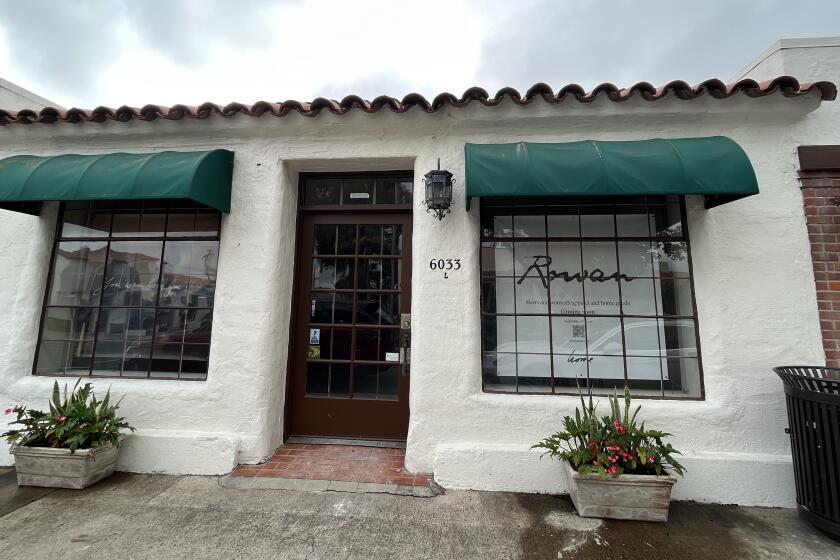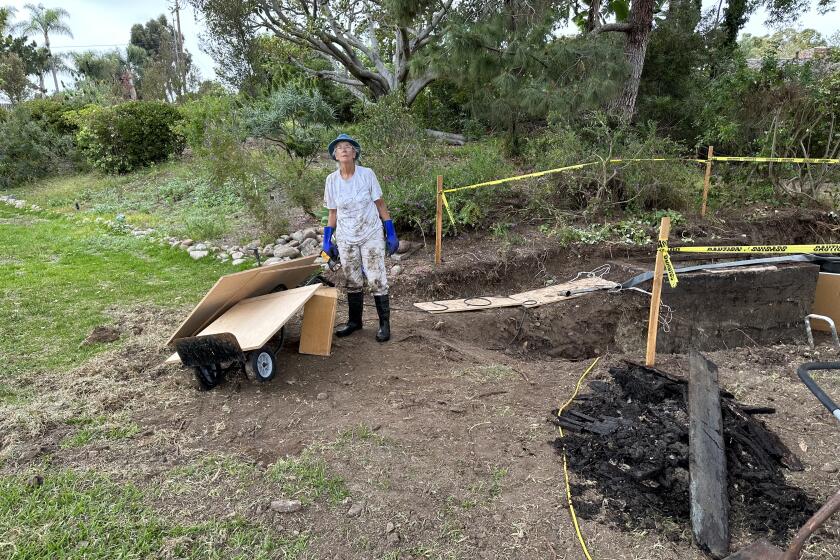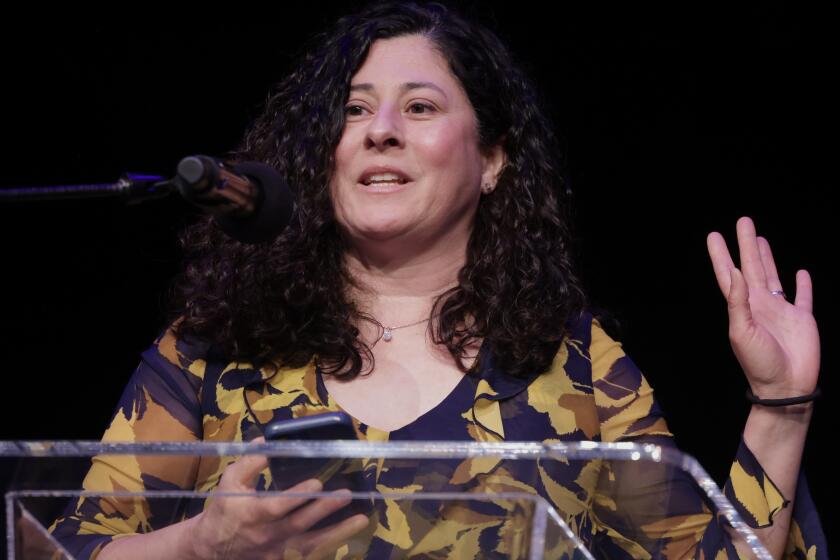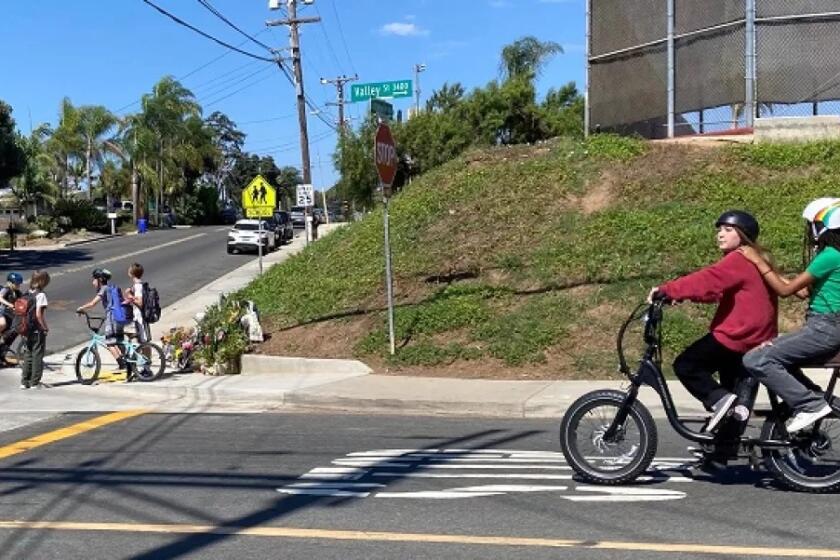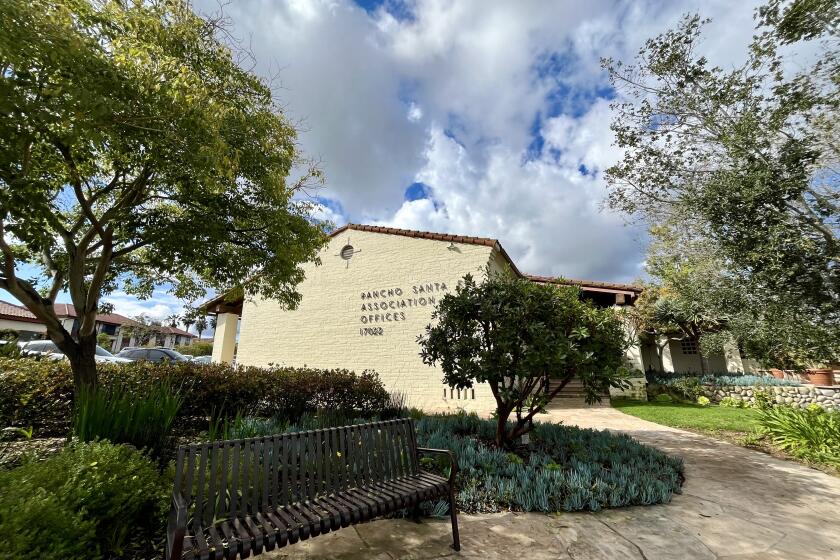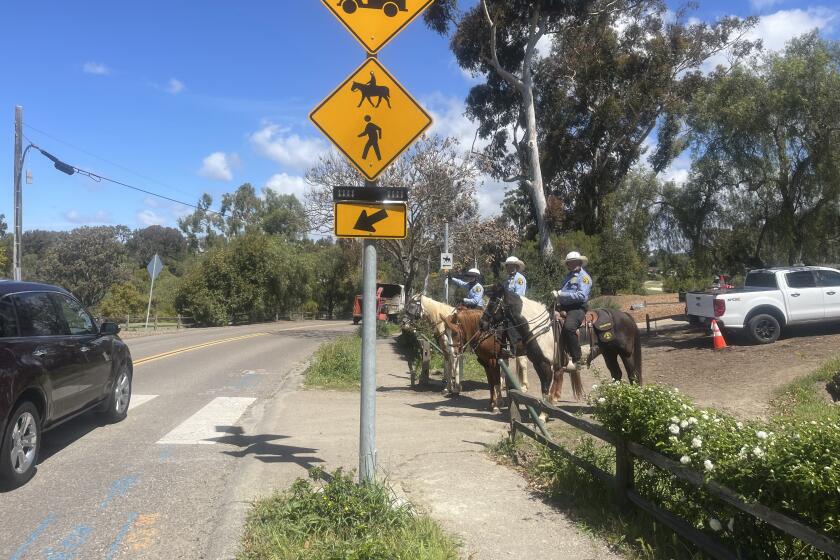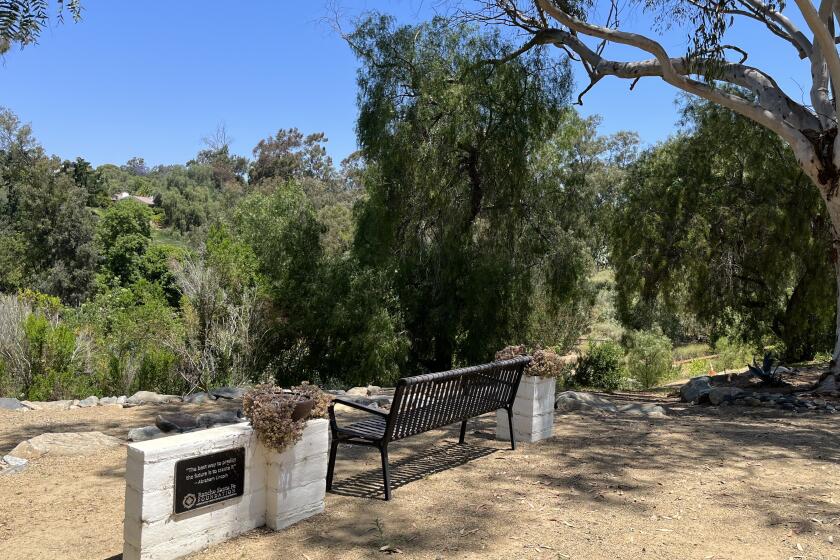San Dieguito passes resolution opposing youth marijuana access
At the May 11 board meeting, the San Dieguito Union School District (SDUHSD) board approved a resolution opposing youth access to marijuana through commercial storefronts and commercial cultivation.
Since the passage of Proposition 64, public agencies have been working on establishing regulations for the sale and cultivation of recreational marijuana in their jurisdictions. State and local governments must have regulations and local ordinances in place by Jan. 1, 2018.
“This is a concern of ours and one of the things we’re watching is how the attitudes have changed on the use of marijuana over time and to see if there’s change with the passage of Prop 64,” Superintendent Eric Dill said, noting they will learn more from the results of their annual student Healthy Kids Survey. “One thing we definitely have seen with the normalization of the use by adults is the spillover effects as it becomes more easily available for youth.”
SDUHSD Vice President Joyce Dalessandro said it’s important to share the district’s stance but the cities and jurisdictions have the ultimate control.
In January 2017, the city of San Diego legalized recreational pot dispensaries and opened up the possibility to allow farms, manufacturing facilities and testing labs. There are 15 dispensaries throughout the city; the closest location in North County is on Roselle Street in Sorrento Valley.
The city of Del Mar has an existing prohibition in place for both medical and non-medical marijuana related businesses and the city of Solana Beach also has a ban in place for medical marijuana cultivation delivery and dispensaries.
The San Diego County Board of Supervisors banned medical and non-medical marijuana facilities within the unincorporated areas of the county in March, and in 2014 Encinitas residents rejected Measure F, an initiative which would have allowed medical marijuana dispensaries in the city. The Encinitas City Council is currently considering allowing pot cultivation.
SDUHSD board member Mo Muir requested that the board consider a resolution and brought forward the language drafted by the San Dieguito Alliance for Drug Free Youth.
“Once kids get off track, it’s very tough to get them back on,” Muir said. “We want our kids to be successful in college and successful in classes and drugs take that away.”
The resolution states that marijuana use is harmful to the adolescent brain, that “frequent users of today’s highly potent marijuana lose an average of eight IQ points” and that students who use marijuana are 60 percent less likely to complete high school and graduate college.
The resolution also states that following the legalization of marijuana in Colorado, teen use is 50 percent above the national average and marijuana-related traffic deaths have increased.
“Commercializing marijuana would increase its availability and normalize its use, leading to increased negative health consequences, particularly among young people,” the resolution reads.
SDUHSD board member John Salazar said he would vote for the resolution but as he has stated in the past, he doesn’t believe resolutions really do anything. He said he thought all of the information in the resolution was fine although he believes pro-marijuana advocates will find a way to argue against many of the statements.
“We’re taking a very logical opinion for a school board but I do believe there’s going to be laws in place that require these facilities to be a certain distance from schools. None of that’s going to matter. I think there’s going to be a lot more marijuana use down the line from particularly our high school students and it seems like the citizens of California approve it.”
“We better be prepared…just about every single board meeting we expel students for bringing marijuana to school and selling it,” Salazar continued. “If they’re caught with marijuana they’re not expelled but if they’re selling it they are and I don’t think that’s a real good practice. I think we better figure out a way to rehab these kids and not just expel them.”
The district does have READI (Recovery Education Alcohol Drug Instruction), a two-day program that provides support for students with substance abuse issues. If a student is caught in possession of drugs or alcohol, under the influence of drugs or alcohol or in possession of drug paraphernalia, they are given the choice of a five-day suspension or enrolling in the READI program.
Get the RSF Review weekly in your inbox
Latest news from Rancho Santa Fe every Thursday for free
You may occasionally receive promotional content from the Rancho Santa Fe Review.

